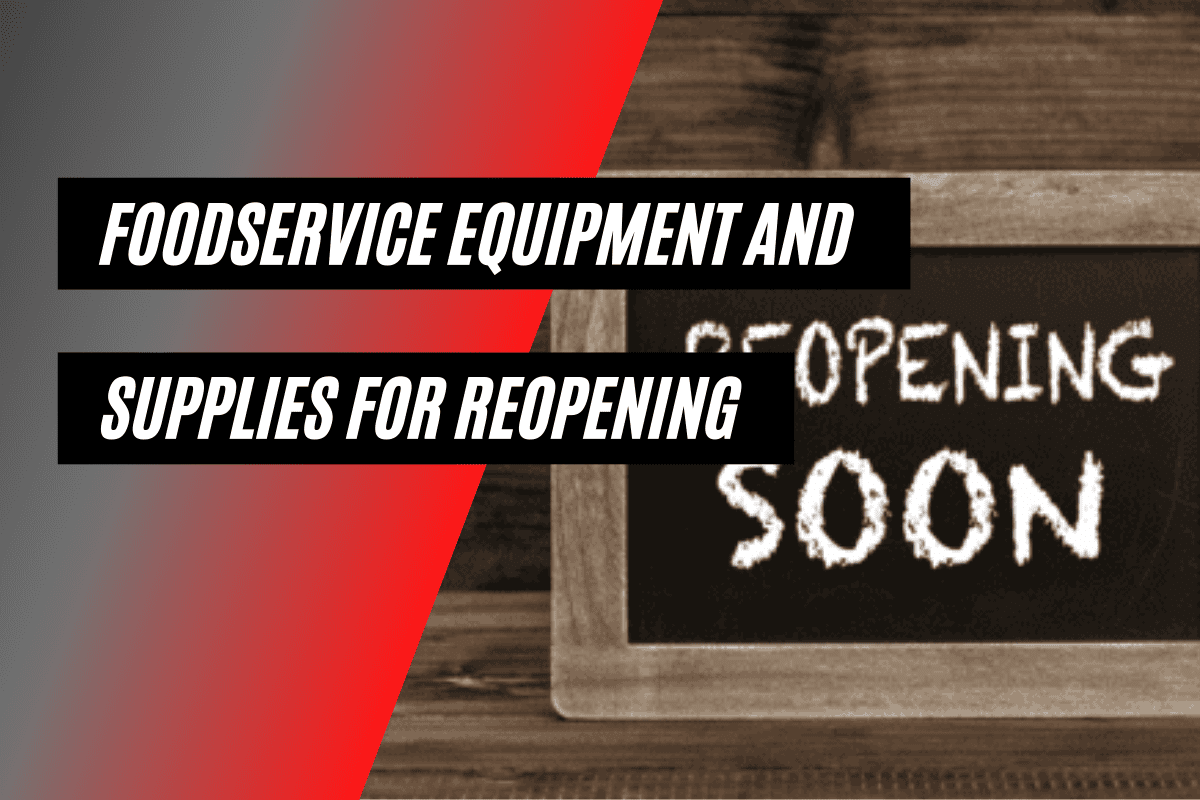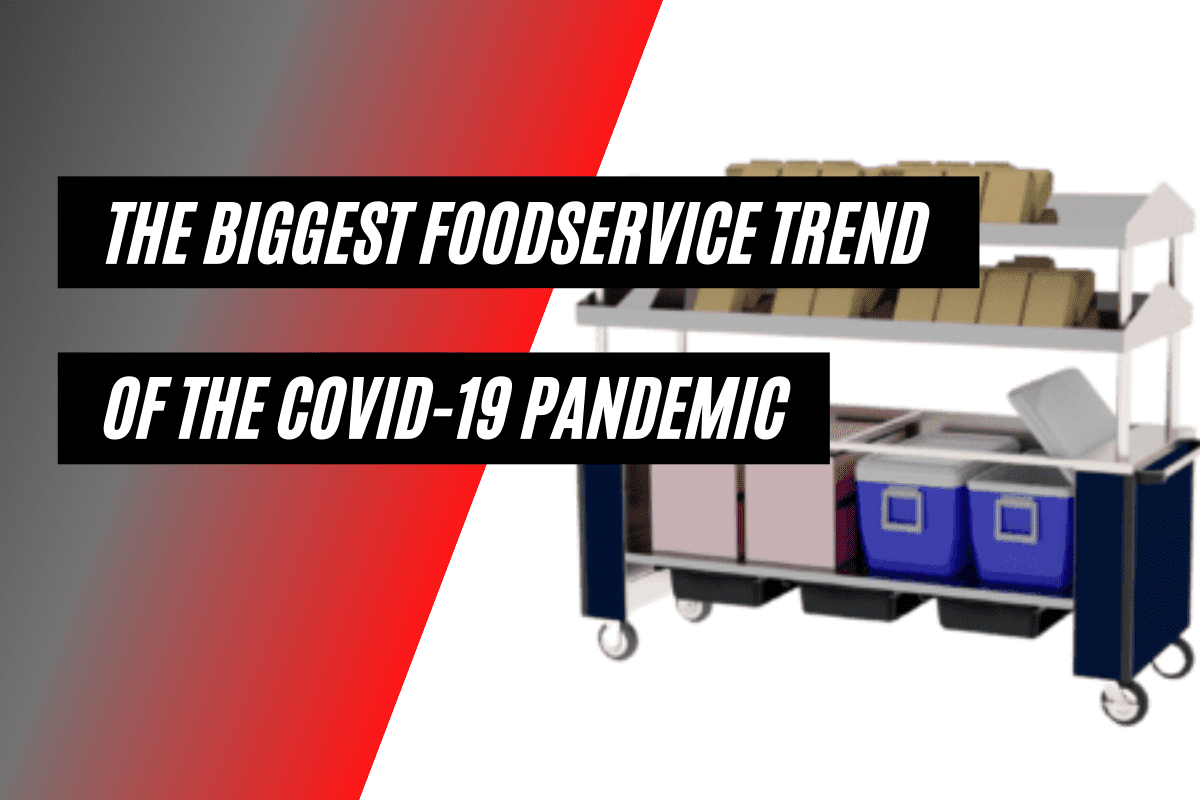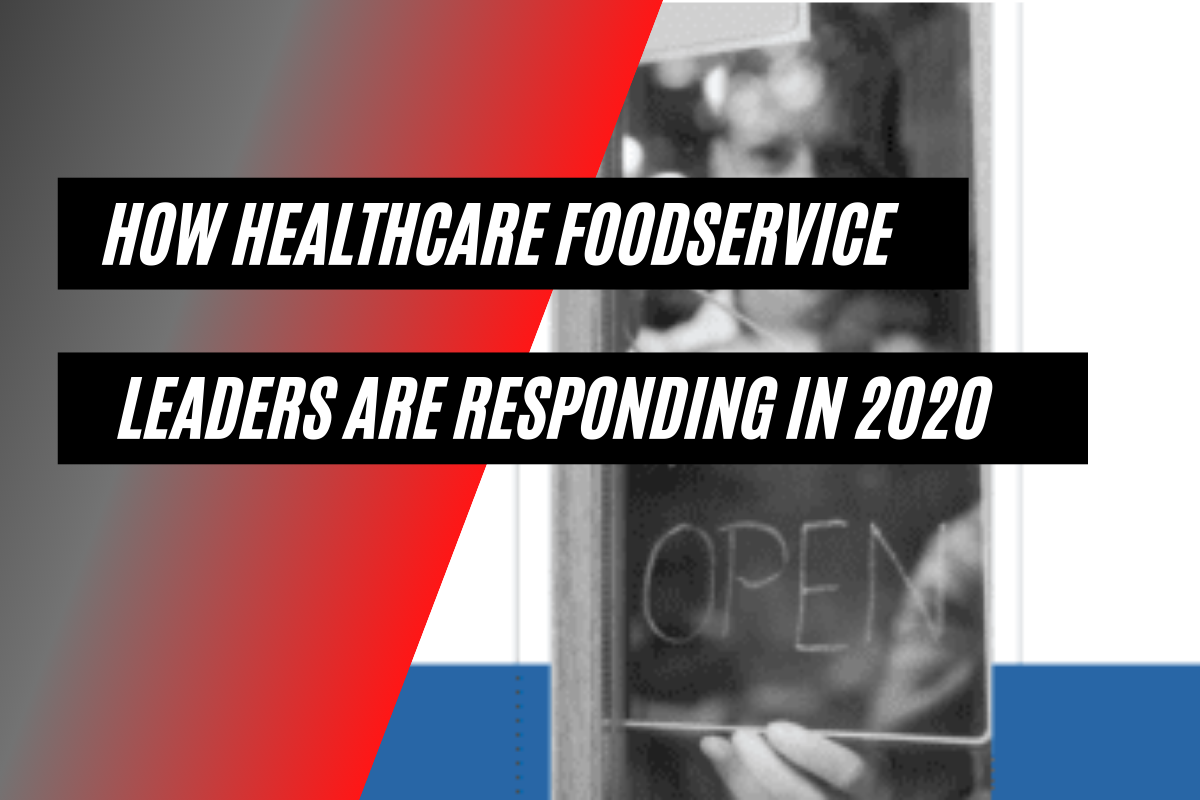It's 3 a.m. in the maternity ward of the nearby hospital. An exhausted, soon-to-be father going on 36 hours of no sleep is making his way down the hallway to grab a cup of coffee to keep him alert when he needs to jump into action to help his wife.
Meanwhile, in the lobby, an excited set of grandparents arrive, ready to start their day with a hot, fresh cup of coffee, eagerly awaiting the arrival of their grandchild. While seemingly insignificant, those cups of coffee carry an enormous impact on these hospital guests seeking comfort when they need it the most.
It's well known that foodservice plays a critical role in hospital and healthcare operations.
Not only is food and beverage critical for wellness, but it can also provide comfort to both patients and visitors alike while creating profit points for operators. A hospital’s overall satisfaction ratings are largely dependent on how foodservice is perceived, and those same satisfaction ratings play a key role in an operation’s reimbursement rates.
More and more hospitals and healthcare establishments are turning to alternative points of sale as it relates to food and beverage, using otherwise unprofitable parts of a hospital and turning it into the potential for profits. Kiosks and mobile serving units are a big part of this equation. This brings us back to that cup of coffee.
Coffee Kiosks Provide Value and Profit
More than just about any other type of food and beverage operation, coffee kiosks will generate interest amongst hospital guests and visitors, but what considerations do operators need to determine before initiating a kiosk coffee program that results in high patient satisfaction?
MENU
What styles of coffee beverages are being served, and will there be additional food items or other types of beverages on the menu? This is an important determination that will impact just about every other decision, from the type of kiosk cart being used to the ordering and inventory process. Using just one espresso machine? What about syrups and other extras to add to guests' drinks? Think about both the menu you plan to serve and the space you have to serve it.
LOCATION
Next, where will the cart be located, and is it important to be able to move the cart from place to place throughout the day or week? Again, this will impact that type of cart being used, as well as other factors such as service hours. Looking for flexibility as to where you plan to offer your coffee service? Consider portable, mobile coffee counters that can move through hallways with ease, with plug-and-play functionality.
SERVICE HOURS
Service hours are important from both a staffing and a menu perspective, as this can change depending on the certain type of daypart. At the same time, service hours will determine where coffee stations should be located. For example, if a coffee kiosk is operational 24 hours a day, during the nighttime hours, it should be located in a place where it won’t disturb sleeping patients. Lobby coffee kiosks will likely result in the highest traffic of guests, so refrigeration and sinks may be additional components to add to a kiosk, as opposed to a self-contained smaller counter.
Healthcare Foodservice Is Interdependent
As you can see, the three factors above are all interdependent on one another. Hours of service will impact location and menu and vice versa. Regardless of the decisions on the above, though, the one important factor that might provide the versatility to run an operation as desired is the actual type of kiosk being used. In healthcare, it's important to be flexible, ready at any moment, and provide comfort when it's needed most. Your coffee station should reflect those same characteristics.




